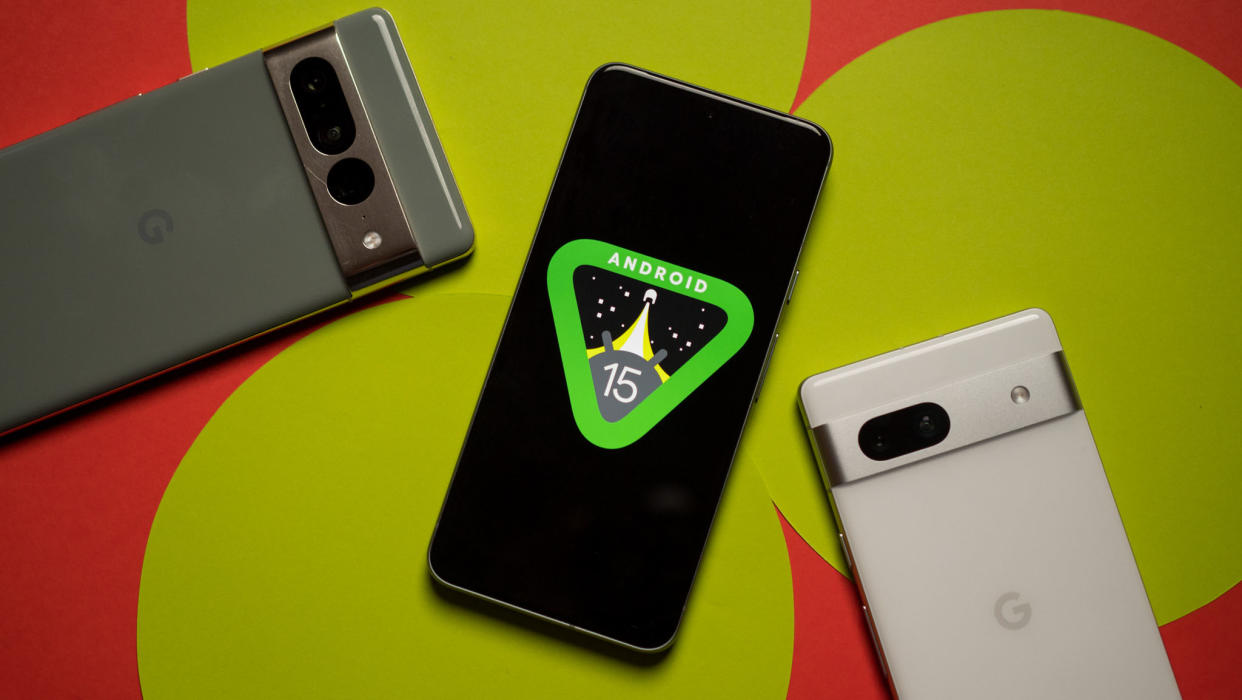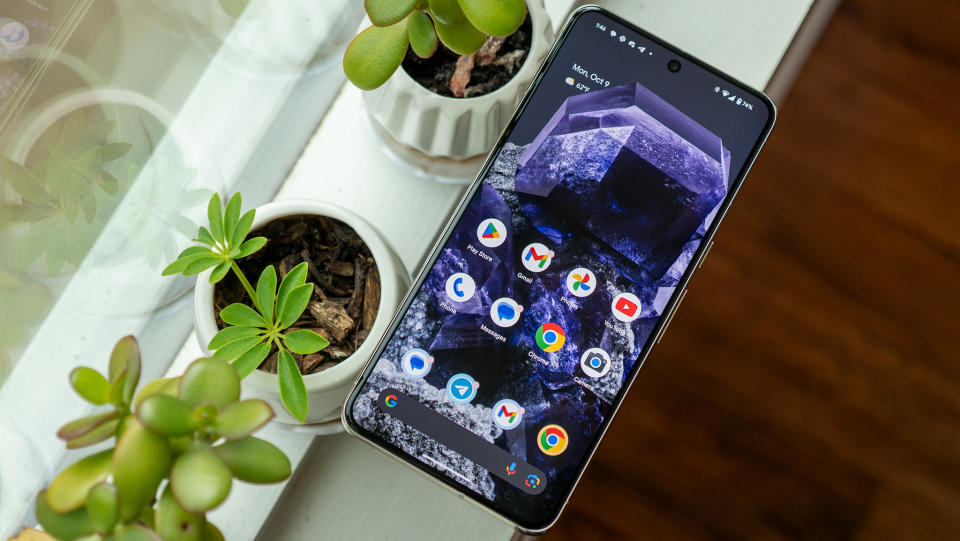Android 15 will reportedly improve your phone's battery life when idle

What you need to know
An interview with Google's Dave Burke and Sameer Samat highlighted Android 15's coming improvements for device battery life.
Android 15 is said to decrease the time a device takes to enter its doze state (standby) by about 50%, extending battery life by three hours on "some" devices.
I/O detailed battery life improvements for Wear OS 5 devices alongside the start of Android 15 Beta 2 for enrolled testers.
Some information is coming to light surrounding Android 15's battery life improvements for devices.
Mishaal Rahman, co-host of the Android Faithful podcast, sat down with Google's Dave Burke and Sameer Samat to discuss device battery life (via Android Authority). What Android 15 reportedly sets out to improve is the idle or standby state of phones, also known as "doze."
Burke explained that the doze state will be sped up by about 50%. With devices expected to enter this standby mode a lot quicker, Burke adds that this should result in a slightly longer battery life for all devices with Android 15.
It's currently speculated that the improvements to doze could increase a device's battery life by three hours. This isn't a number we should take literally. It seems as though Google has tested Doze's improvements through Android 15 on multiple devices, and "some" of them displayed a three-hour battery life increase.
Samat then touched on some updates coming for wearables and Wear OS 5. We heard about these changes during I/O 2024, where Google stated the upcoming software "consumes up to 20% less power on Wear OS 5 than on Wear OS 4" during a marathon.
Essentially, Samat said Wear OS 5 helps to put the AP (application process) to sleep quicker after being "woken up" to inscribe data.

Google's Android 15 adventures continue as Beta 2 rolled out to enrolled testers on May 15. The main highlights of the beta were large-screen multitasking, "private space," and more Health Connect data types.
Private Spaces were teased right after I/O, with Google stating the feature would let users create a separate space on their phones for apps with sensitive data. Like Safe Folder in Files, users can designate a specific PIN to ensure no one can enter their private space. Joining that update was information on theft protection features Android users can expect.
Among the coming features are "Remote Lock" and "Offline Device Lock," which provide extra layers of security in case someone has stolen your phone.
